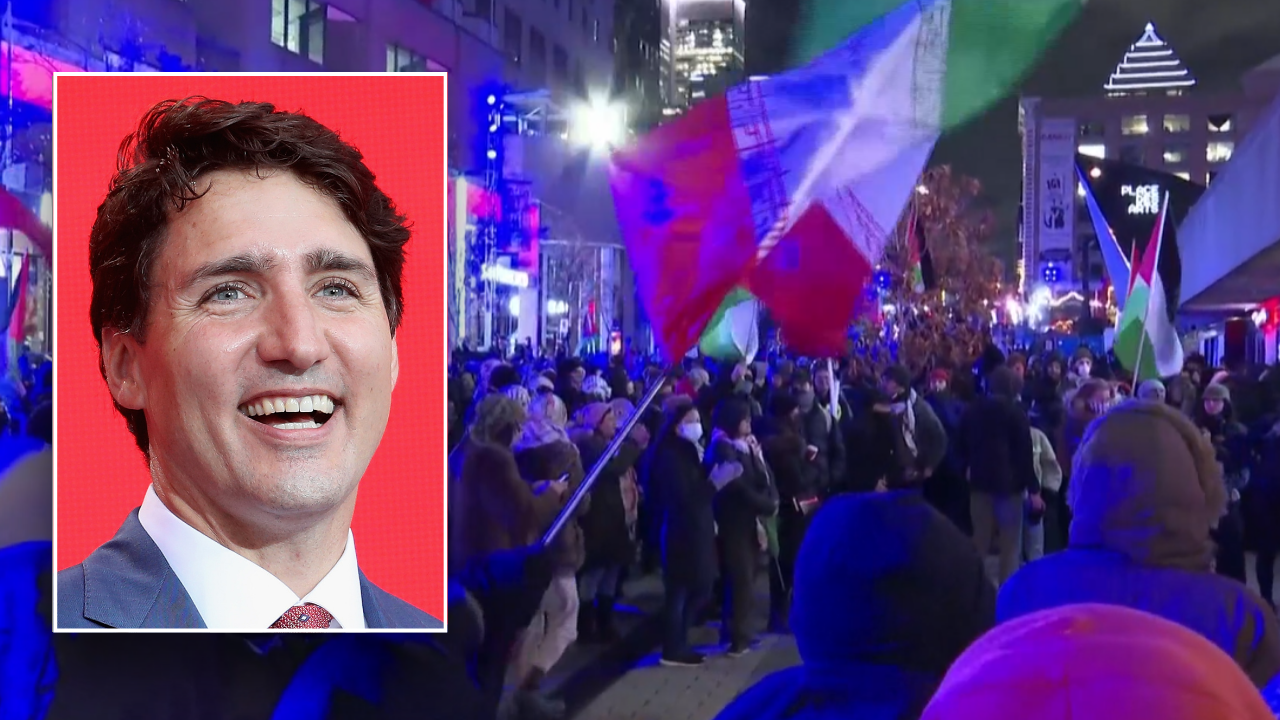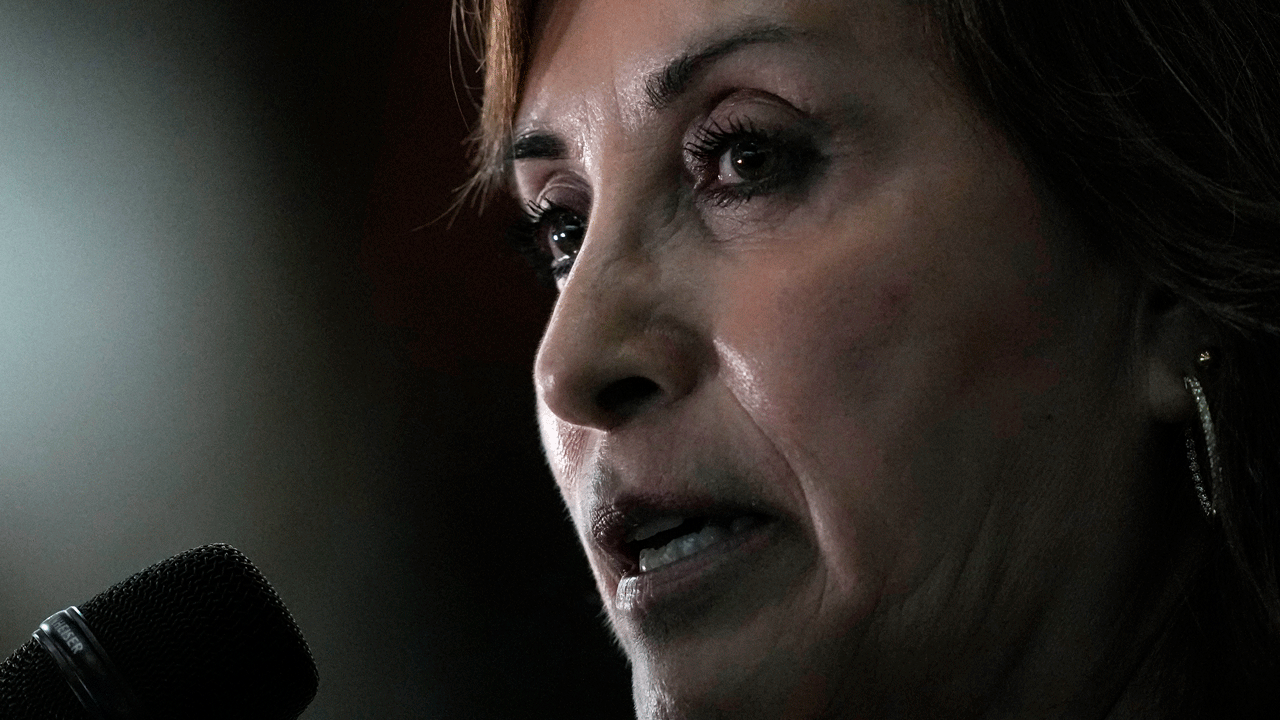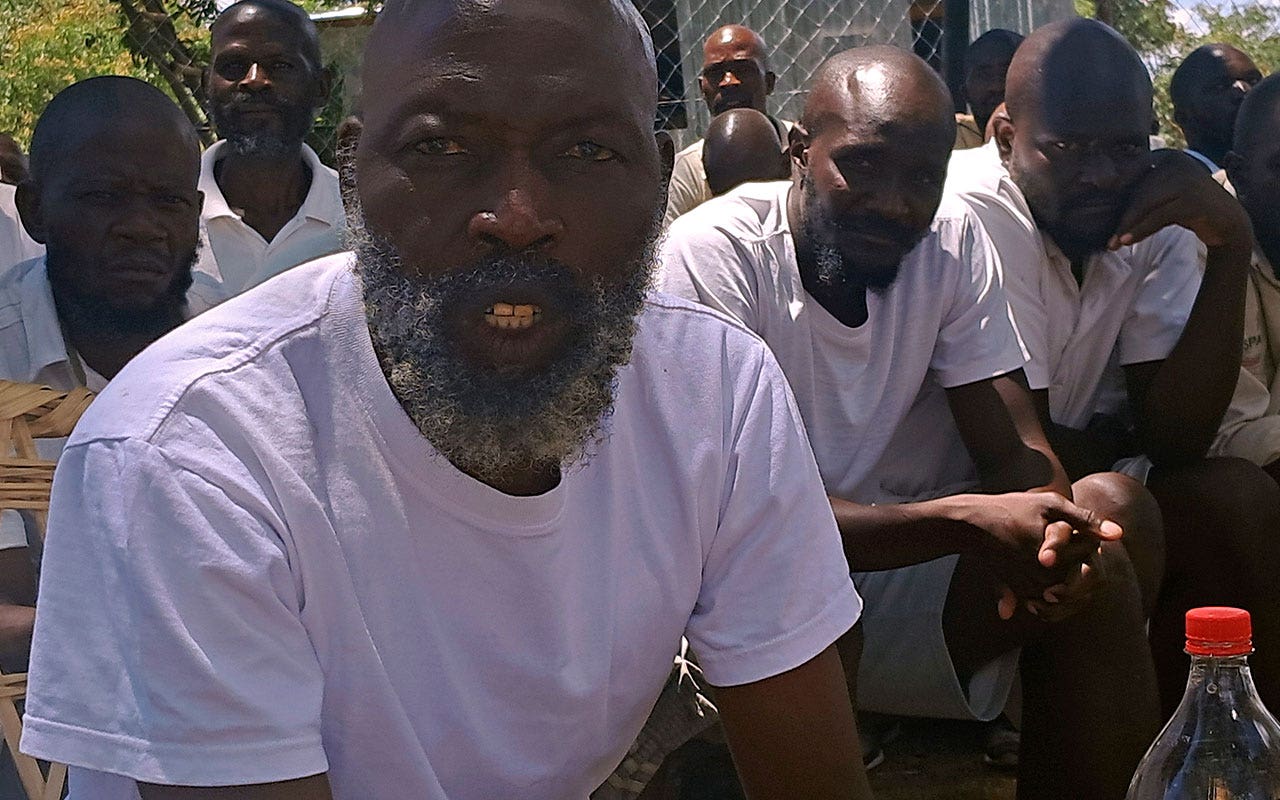President Cyril Ramaphosa of South Africa is scheduled to be sworn in on Wednesday for a second term, launching an administration that will be unlike any the country has experienced since apartheid ended in 1994.
For the first time, Mr. Ramaphosa’s party, the African National Congress, or A.N.C., will have to govern in partnership with rival political parties because it failed to win an absolute majority in last month’s election — getting just 40 percent of the vote.
Mr. Ramaphosa has touted a new era of unity and collaboration. Not everyone is sold.
The partnership includes the second-largest party, the Democratic Alliance, which got 22 percent of the vote and has long positioned itself as the fiercest of the A.N.C.’s critics. The three other parties that have joined the coalition each won less than 4 percent of the vote: the Inkatha Freedom Party, the Patriotic Alliance and GOOD.
A statement of basic principles — for what the parties are calling a “government of national unity” — signed by the five coalition partners includes their policy priorities. But the document is light on specifics.
How will they kick-start a sluggish economy? Will they continue with affirmative action policies vigorously favored by the A.N.C. but vehemently opposed by the Democratic Alliance? What about the contentious issue of racial disparities in land ownership?
Here are four challenges that South Africa’s new government will face.
A rocky start could threaten the future.
There already are hints of tensions that may cause a troubled relationship going forward.
Ryan Coetzee, a former Democratic Alliance strategist who was involved in the coalition negotiations, wrote in a column on News24, a South African news site, that the A.N.C., nearly to the bitter end of the deal making, seemed to resist the idea that it had to share power with the Democratic Alliance.
“There can be no doubt that its aim is to neuter the D.A.,” Mr. Coetzee wrote of the A.N.C. “This is a mistake, because it will turn the government into a permanent battleground and thereby threaten its existence from the very beginning.”
Mr. Ramaphosa will quickly have to assemble a cabinet, taking into consideration ministerial posts for other parties. From there, the difficult work begins of setting aside personal and ideological gripes.
“I don’t think it’s going to be an easy marriage,” said Thelela Ngcetane-Vika, a lecturer in international law and public policy at the School of Governance at the University of the Witwatersrand in Johannesburg.
The economy is so bad, solutions will be hard to come by.
At the heart of South Africans’ discontent with the government is a sluggish economy defined by high unemployment, yawning inequality and deep poverty.
The coalition government’s approach to the economy may well resemble that of the previous A.N.C.-led government, which embraced largely centrist policies, said Trudi Makhaya, a former economic adviser to Mr. Ramaphosa. “I think the narrative and the rhetoric will change, but the substance won’t,” she said.
Mr. Ramaphosa, for instance, already has embraced greater private-sector involvement in creating jobs and fueling the economy, but this new government’s messaging will likely emphasize that even more, given the Democratic Alliance’s free-market stance, Ms. Makhaya said.
The Democratic Alliance has called for the continuation of Operation Vulindlela, an initiative started under Mr. Ramaphosa that aims to strengthen critical infrastructure, some of it through privatization. The Democratic Alliance also could push the government to accelerate efforts to cut regulations in order to drive more investment in the country, Ms. Makhaya said.
The partners have vastly different views on race.
The topic that promises to cause the biggest friction between the A.N.C. and the Democratic Alliance is how to tackle lingering racial disparities.
Many in the A.N.C. adamantly opposed a coalition, arguing that the Democratic Alliance denies the very existence of racism and wants to maintain the status quo of a white-dominated economy. Democratic Alliance officials have rejected that characterization.
“We believe that transformation means improving efficiency, improving infrastructure and getting the state working,” said Helen Zille, the chairperson of the Federal Council of the Democratic Alliance, explaining her party’s approach to uplifting historically disadvantaged racial groups.
During the election campaign, the Democratic Alliance proposed scrapping Black Economic Empowerment, one of the A.N.C.’s signature measures to incentivize companies to have Black ownership and leadership. Because the law is so important to the A.N.C. and its base, Ms. Makhaya said she could foresee the Democratic Alliance pushing for reforms that may allow it to stand but make it more palatable to its supporters.
One of the most contentious proxies for broader racial disparities is the fact that most of the country’s land remains under white ownership. While leftist politicians — including many within the A.N.C. — have called for the government to take land from white owners without compensating them, a stance antithetical to the Democratic Alliance’s economic philosophy.
The A.N.C. has mostly adopted a centrist land policy, so it is unlikely to propose anything drastic. But Ms. Makhaya said the A.N.C. could better implement measures already on the books — like giving unused state-owned land to private individuals — to make some progress on land reform.
Coalition factions approach foreign policy differently.
The A.N.C. has aggressively leaned into a foreign policy that agitates against some of the interests of the West, most notably accusing Israel of committing genocide in Gaza in an international court and refusing to condemn Russia’s invasion of Ukraine.
The Democratic Alliance has tended to side more toward South Africa’s Western allies, like the United States and the European Union, which, combined, have the largest trading relationships with the country.
“You’re going to see a lot of contestation and not so much of a common ground,” on foreign policy, said Lebogang Legodi, a senior lecturer in politics and international relations at the University of Limpopo in South Africa.
Still, Mr. Ramaphosa has maintained a warm relationship with both Western powers and his allies like China and Russia. The main tensions with the Democratic Alliance could come in debates over South Africa’s role in global institutions like BRICS, a multinational bloc that stands in competition to the West, and recently welcomed Iran as one of its new members.






